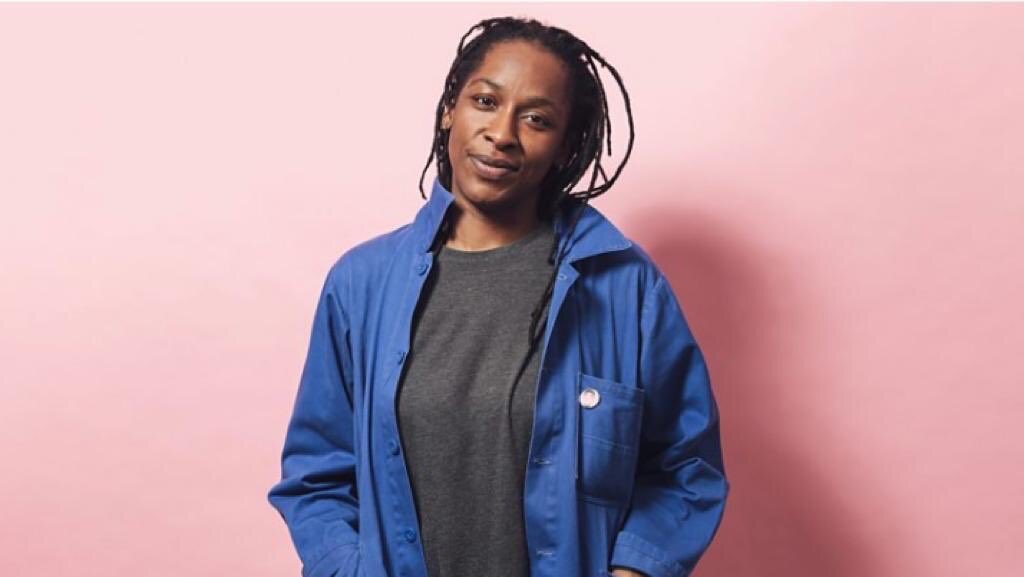
So many unanswered questions - transracial late-discovery adoptee Ryan
“I struggle to know where I fit in – my adoptive family, Morocco, Scotland, and even with other adopted people.”

Searching for Truth guest blog by Yuna Silverstein
Adoptee Yuna talks of growing up in Philadelphia as a Chinese American.

Alone - a guest blog by transracial adoptee, Debbie Nahid
Honoured to feature a small part of Debbie’s journey, it’s an epic tale from a courageous soul…

I Grew Up White - guest blog from This Adoptee Life
Amanda Medina talks about growing up in Sweden as a Colombian adoptee…

Meet Twayna Mayne: comedian, black woman and transracial adoptee
Introducing the host of podcast Loco Parentis and the talent behind Radio 4 series Black Woman.
